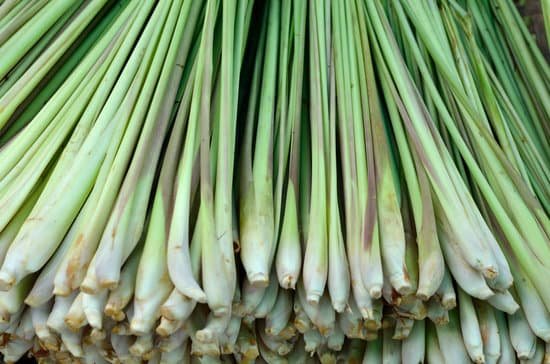
GREEN TEA
Green tea is a type of tea that is made from Camellia sinensis leaves and buds that have not undergone the same withering and oxidation process used to make oolong teas and black teas. Green tea originated in China, but its production and manufacture has spread to other countries in East Asia.Is green tea considered an herb?No, green tea is not herbal tea. You might argue it’s a kind of herbal tea since it’s made from a plant, as all herbal teas are made. But, green tea is made from a specific plant. The tea plant, Camellia sinensis. Green tea is packed full of health-promoting compounds. Regularly drinking green tea can help you lose weight and reduce your risk of several diseases, including diabetes, heart disease and cancer. Drinking three to five cups of green tea per day seems to be optimal to reap the most health benefits.
Green tea is touted to be one of the healthiest beverages on the planet.
It’s loaded with antioxidants that have many health benefits, which may include:
- improved brain function
- fat loss
- protecting against cancer
- lowering the risk of heart disease
In some people, green tea can cause stomach upset and constipation. Green tea is POSSIBLY UNSAFE when taken by mouth long-term or in high-doses. It can cause side effects because of the caffeine.Green tea might increase the risk of birth defects associated with folic acid deficiency. In women who are nursing, caffeine passes into breast milk and can affect a nursing infant. Nursing mothers should closely monitor caffeine intake to make sure it is on the low side (2-3 cups per day).






